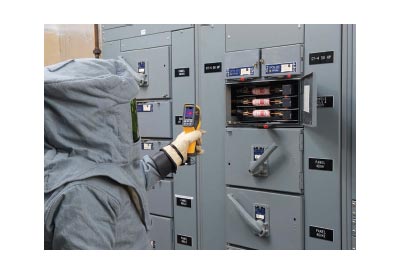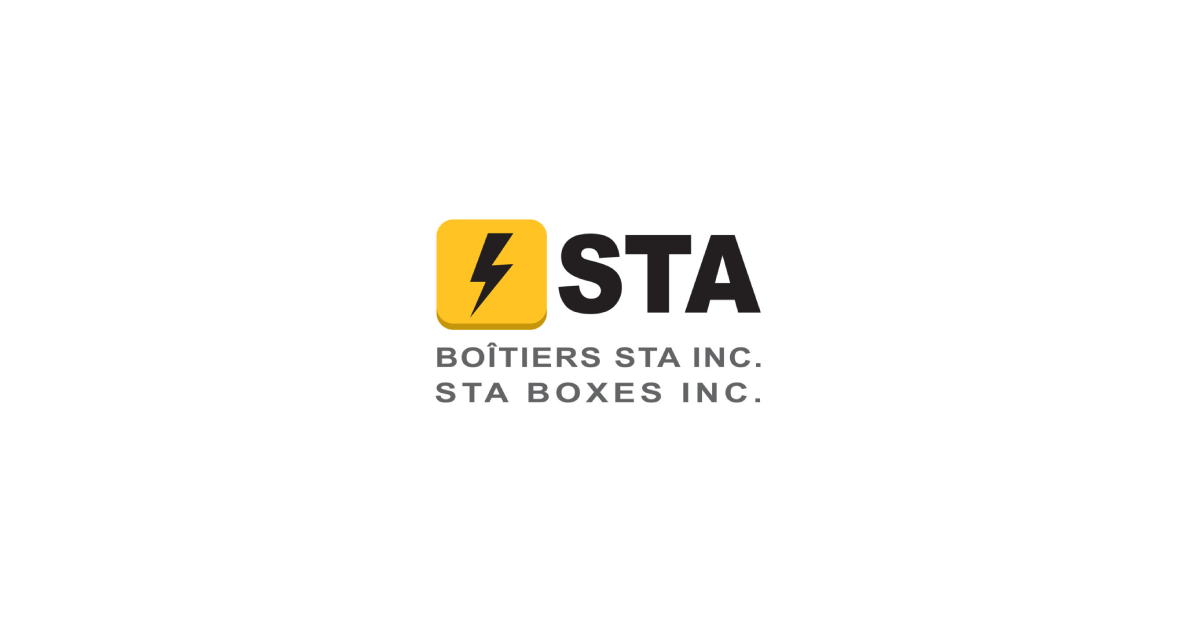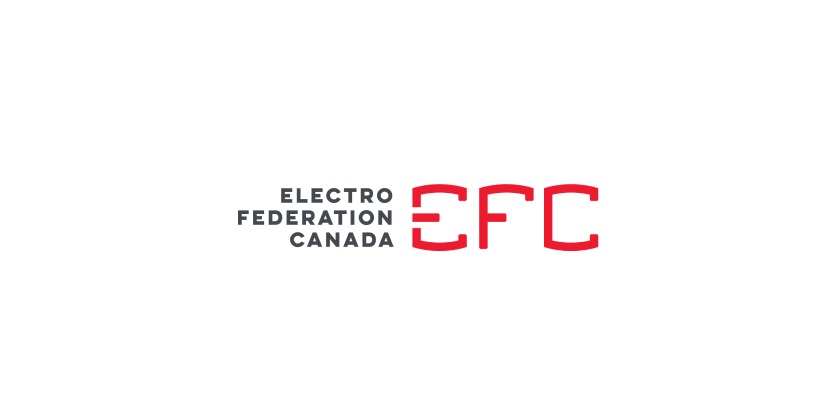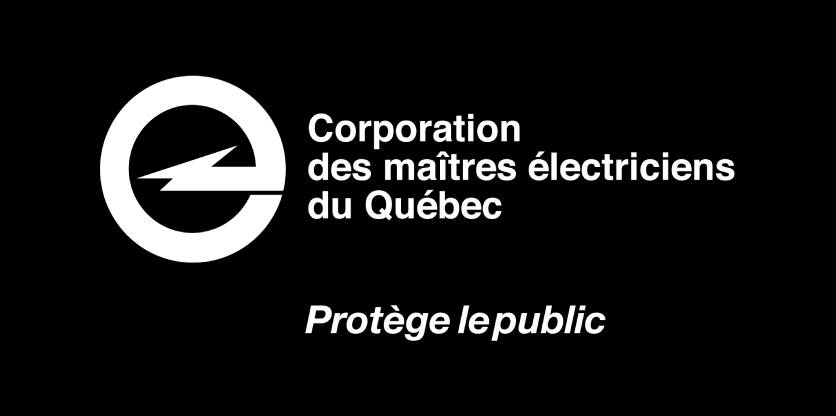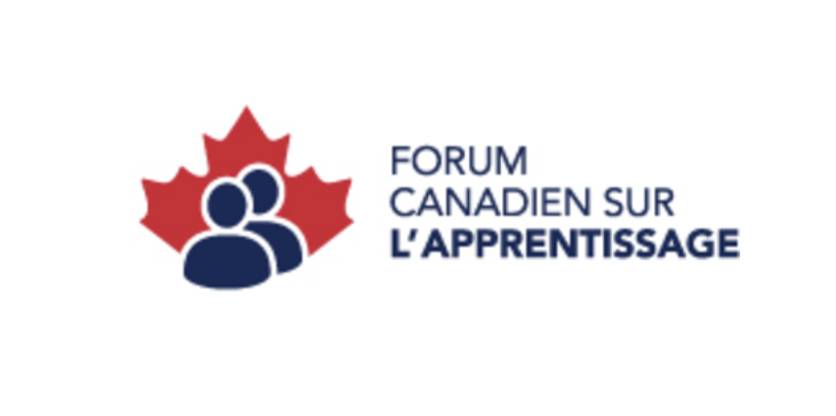Solutions de chauffage électrique à tension moyenne rentables pour les industries lourdes
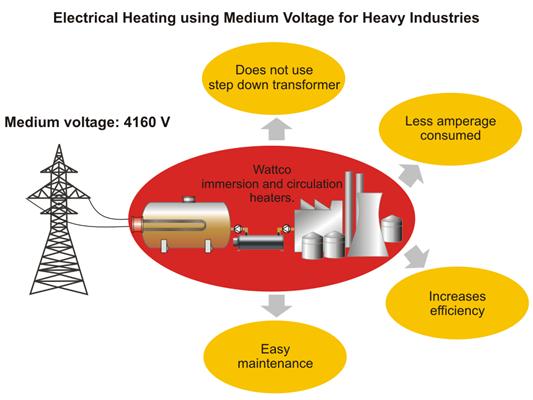
Ilan Toledano
La pétrochimie et d’autres industries lourdes comme la production d’énergie, de pétrole et de gaz nécessitent des systèmes de chauffage électrique de puissance élevée. Jusqu’à maintenant, pour répondre à ces demandes, on utilisait des systèmes de chauffage électrique à basse tension. Ces industries sont toujours à la recherche de solutions de chauffage électrique qui ne sont pas seulement rentables et efficaces, mais qui peuvent également résister aux conditions rigoureuses qui existent dans les industries lourdes. Les solutions à tension moyenne peuvent être une solution pour ces industries.
Background
Petrochemical and other heavy industries such as power generation, oil, and gas need high wattage (multi-MW) electrical heating solutions. Until now, meeting this demand has required low voltage electrical heating systems (less than 1000V). These industries continuously seek electrical heating solutions that are not only cost effective and efficient but can also withstand the rigour of heavy industries. Medium voltage systems offer a potential solution. See Figure 1.
What is a medium voltage system?
A medium voltage system IEEE (std 10) reaches a value of up to 100kV (72.5kV for power cables). The top value for medium voltage, as rated by NEMA (National Electrical Manufacturers Association), is 69kV.
Working principles of electrical heating equipment: a Wattco example
Our electrical equipment has been designed to work with medium voltage systems, including heavy usage of metal sheaths for electric process components and power controls. With this design upgrade, multi-MW electrical heating equipment can now operate directly from a medium voltage (4160V) distribution system. It does not require a step down transformer.
Financial and operational benefits
Heavy industries such as petrochemical, power generation, and oil and gas need high wattage (multi-MW) electrical heating. These industries can reap the financial and operational benefits from day one.
There is a significant financial benefit at the installation stage when electrical heating systems do not use step down transformers. Medium voltage systems do not require as much amperage as is required for low voltage systems. In fact, a factor of nine reduction in amperage is achieved. This can bring significant financial benefits. For example: a medium voltage installation requires not only fewer wires but also wires with a smaller diameter. This results in savings during installation. The financial benefit can be significant when the installation is a few hundred feet from the main distribution centre.
Less amperage consumed by the electrical heating system when operated by medium voltage systems also increases efficiency. This is because less heat is generated (as expressed by I2R). In fact, the efficiency can reach a value up to 99%. This efficiency reduces electricity consumption, which translates to significant savings if you consider that an electrical heating system can serve its customers over a period of 20 years.
Often, electrical utilities extend certain lucrative rebates and rewards to encourage such reduced consumption. This includes reduced electricity tariffs as an incentive for the capital cost to procure medium voltage system-based electrical heating equipment.
When a heavy industry installs an electrical heating system based on medium voltage, maintenance remains part of the routine exercise but is very streamlined. There are fewer wires and less adjustment, so regular maintenance takes less time.
Heating equipment with replaceable heating bundles can also offer a significant operational advantage when replacing a heating bundle. This minimizes the risk and can save greatly on costs.
These innovations offer a definite financial benefit at the installation stage when the electrical heating systems do not use step down transformers.
AUTHOR’S CREDIT: Ilan Toledano is President of Wattco. With over 20 years of experience in the electric heating industry, Ilan Toledano has been involved in sales and marketing, product development, and expansion of the industrial immersion heaters in the chemical and oil and gas industry for the past 15 years. Mr. Toledano has a B.Comm from Concordia University in Finance and Business Law; www.wattco.com.




